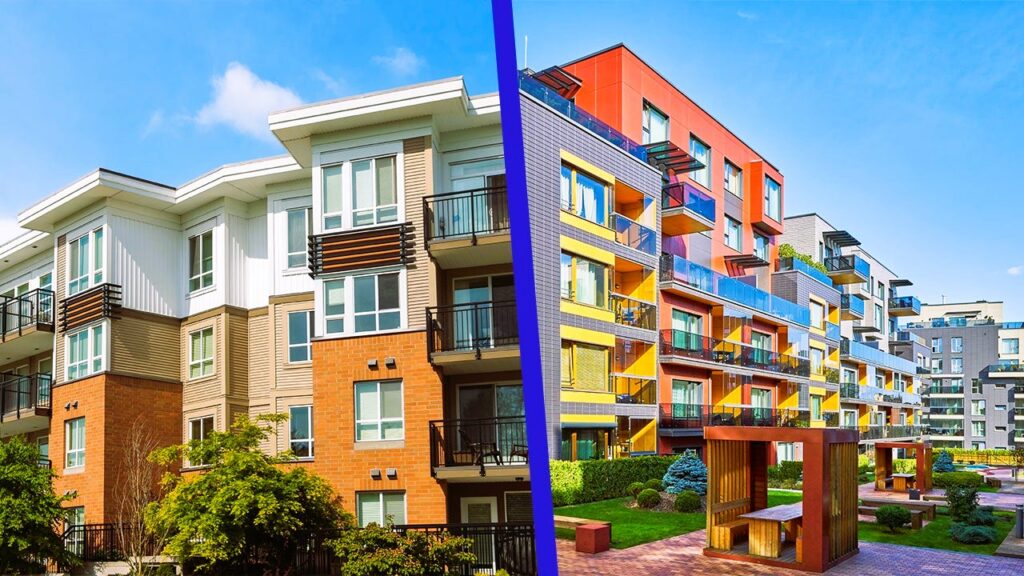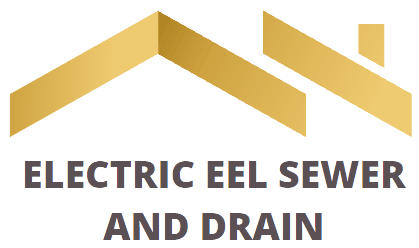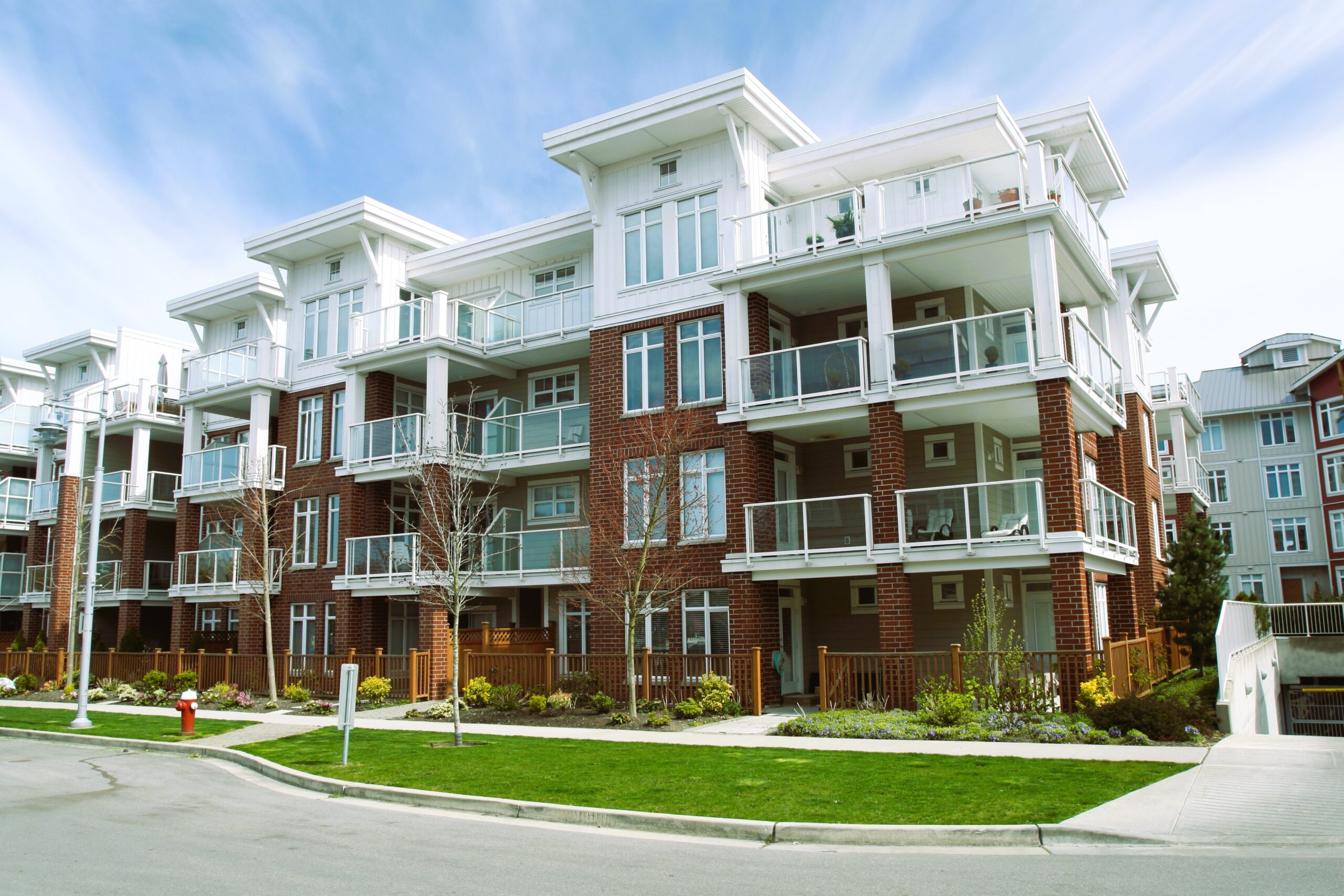Homeowners Associations (HOAs) play a significant role in managing and maintaining residential communities across Canada. These associations, comprised of homeowners within a specific development or neighborhood, work to ensure the smooth functioning of the community and the protection of property values. In this article, we will explore the role of Homeowners Associations in Canadian residential communities and the benefits they provide.
- Community Governance: One of the primary functions of Homeowners Associations is to govern the community. HOAs establish rules, regulations, and bylaws that govern the use and appearance of properties within the community. These regulations help maintain a cohesive and desirable living environment, ensuring that homeowners abide by certain standards and guidelines.
- Maintenance and Management: HOAs are responsible for the maintenance and management of common areas and amenities within the community. This includes tasks such as landscaping, road maintenance, snow removal, and upkeep of community facilities like parks, playgrounds, or swimming pools. By collectively managing these responsibilities, HOAs ensure that the community is well-maintained and provides an attractive living environment for all residents.

- Architectural Control and Design Guidelines: Many Homeowners Associations have an architectural control committee or board that reviews and approves design plans for new construction, renovations, or exterior modifications within the community. These design guidelines help maintain a harmonious aesthetic and protect property values by ensuring that changes are in line with the community’s overall design standards.
- Financial Management: HOAs collect fees, known as assessments or dues, from homeowners to cover the costs associated with community maintenance and management. These fees are used to fund common area maintenance, utilities, insurance, and other community-related expenses. Effective financial management by HOAs ensures transparency, accountability, and the availability of funds to meet the community’s ongoing needs. Noise-Reducing Windows: Enhancing Comfort and Tranquility in Your Home.
- Dispute Resolution: HOAs often serve as mediators in resolving disputes between homeowners or between homeowners and the association itself. They provide a platform for conflict resolution, enforce community rules, and work towards maintaining a harmonious living environment for all residents. This helps foster a sense of community and cooperation among homeowners.
- Community Engagement and Social Activities: Homeowners Associations can also play a role in organizing social activities and fostering a sense of community within the neighborhood. They may arrange events, such as block parties, holiday celebrations, or community service projects, to encourage interaction and build relationships among residents.
It is important for homeowners to be aware of the benefits and responsibilities associated with living in a community governed by a Homeowners Association. Before purchasing a property in an HOA-managed community, consider the following:
- Read and Understand the Governing Documents: Familiarize yourself with the HOA’s governing documents, including the declaration, bylaws, rules, and regulations. These documents outline the rights and responsibilities of homeowners and provide insights into the community’s governance structure.
- Assessments and Fees: Understand the financial obligations associated with living in an HOA-managed community. Determine the frequency and amount of assessments or dues, and ensure that you can comfortably meet these financial obligations.
- Attend HOA Meetings and Get Involved: Participate in HOA meetings to stay informed about community matters and have a voice in decision-making processes. Getting involved in the HOA can help shape the direction and policies of the community.
- Follow Community Guidelines: Respect and adhere to the rules and regulations set by the HOA. By doing so, you contribute to maintaining the community’s aesthetics, property values, and overall quality of life for all residents.

For more information on Homeowners Associations and their role in residential communities, the following resources can provide additional insights:
- Wikipedia page on “Homeowner association”: Link
These resources offer comprehensive information on HOAs, their governance structures, legal frameworks, and considerations specific to Canadian residential communities.
In conclusion, Homeowners Associations play a vital role in managing and maintaining residential communities in Canada. Through governance, maintenance, architectural control, financial management, and dispute resolution, HOAs ensure the smooth functioning of communities, protect property values, and foster a sense of community among residents. By understanding and actively participating in the HOA, homeowners can contribute to the overall success and well-being of their residential community.

